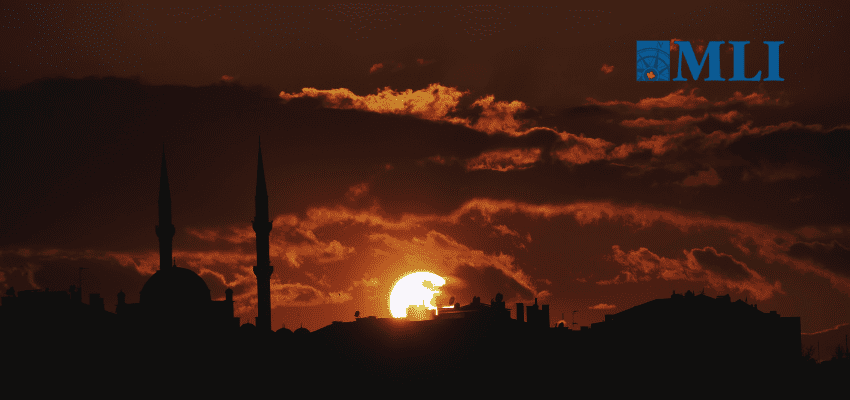By Raheel Raza and Mohammad Rizwan, October 8, 2024
On Oct. 7, 2023, when Hamas terrorists unleashed a horrific attack on Israeli civilians, few would have thought that the massacre would go down in Middle Eastern history as a watershed event.
A year later, that date is becoming a permanent marker on calendar as the day the Middle East finally turned the corner. In the beginning, the world treated October 7 as just another outbreak of violence and terror in the Middle East. But as events unfolded, the world is now looking at the bright prospect of achieving the unthinkable goal of peace in the Middle East.
What changed the calculus was the Israel Defence Forces’ determination to unshackle the region from Iran’s tentacles of terror. After neutralizing Hamas, going after Hezbollah — the lethal terrorist outfit that the Iranian regime used to point a gun to Israel’s head — was a game changer.
The depletion and possible elimination of Hezbollah would bring the fight closer to the head of the octopus — Iran. With any luck, the combination of military pressure from Israel, the loss of its terrorist proxies, renewed sanctions from the international community and civil unrest will cause Iran’s ruling clergy to lose their grip on power, ushering the Iranian people toward a terror-free future.
How things unfold remains to be seen. But this chain of events leaves a very big question for Muslim rulers and their populations: has the pursuit of political gains through the promotion of jihad worked?
Yes, it worked for the Islamist clergy in Iran and kept them in power for 45 years, but what about people of Iran? What about Iraqis, Syrians, Lebanese and Yemenis? Their states are in ruins because they followed the jihadist ideology. The pursuit of unrealistic geopolitical goals through international terrorism was always bound to fail. And it has now failed spectacularly.
The jihadist ideology — which views non-Muslims as enemies and seeks to subjugate them through force — is archaic, medieval and obsolete. It might have had its appeal during the Crusades, but the world started changing in 17th century, when Westphalian concept of the state emerged. And by the turn of 19th century, the institution of nation-states had taken root in the human imagination.
But these developments never arrived in the Muslim world. Even today, Islamists still fancy the concept of changing geography through jihad and terror. They keep failing, but nevertheless keep on trying. This is remarkable.
We’ve both had personal experience with jihadis and are aware of how the jihad industry works. We’ve received fatwas and death threats for critiquing radical Islam. We’re interacted with jihadis while covering the war on terror in Pakistan and Afghanistan.
We can confidently say that the status quo only serves the ruling elites — in case of Iran, the IRGC and clergy council; and in case of Pakistan and Afghanistan, the military and intelligence brass, along with top commanders.
Everyone else works on meagre salaries. They are motivated by pro-jihad, anti-infidel propaganda — the only “education” many of them get in their entire lifetimes. Most of them can’t even imagine what progress and development could bring to them. Most of the foot soldiers don’t even understand the reasons why they are fighting, yet they are willing to sacrifice their lives for the cause.
If the ongoing IDF campaign succeeds and Syria, Lebanon, Iraq and Yemen break free from the clutches of Hezbollah, the Houthis and Iran, the millions of Muslims living in these areas could get a fair shot at a brighter future for their children. They hope to pick up the pieces and start new institutions that are modern and progressive.
A new generation has emerged in Muslim countries in the Middle East, and even in Afghanistan and Pakistan. They have seen the perils of state-sponsored jihad projects throughout the entire region. This is an opportunity for them to change course and turn the corner.
They must realize that what Israel did to protect its borders and its population after the October 7 massacre provides a rare opportunity for the region’s Muslims to chart a course toward development and progress.
Raheel Raza and Mohammad Rizwan are members of The Council of Muslims Against Antisemitism. Raheel Raza is also a Senior Fellow at the Macdonald-Laurier Institute.






